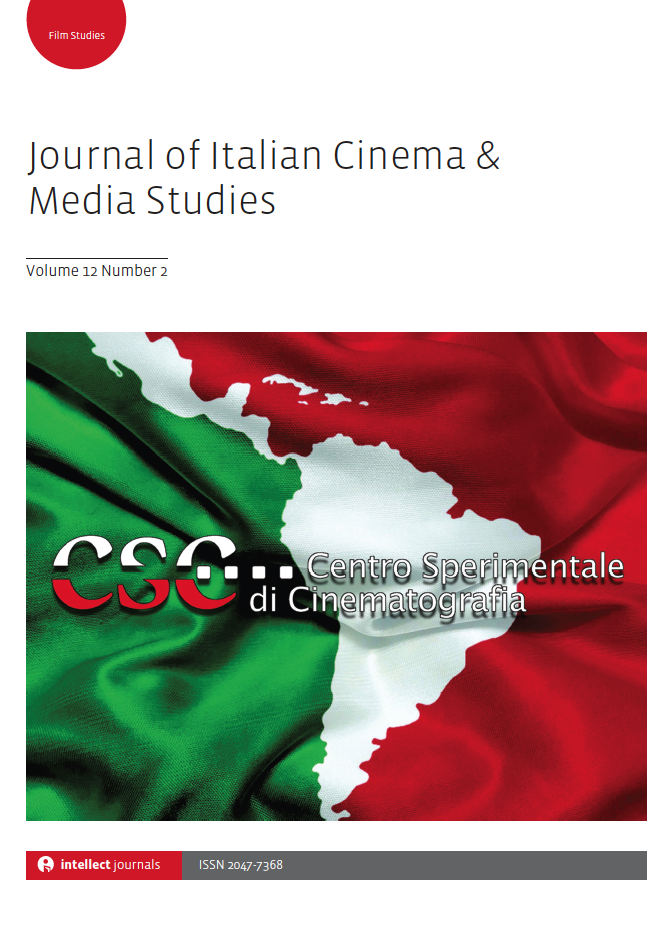
Full text loading...

This article reconstructs the material history of a set of Super 8 films clandestinely shot in the Lecumberri prison of Mexico City in 1970, and eventually used for two films produced in France: 2 de octubre, aquí México (Menéndez 1971) and Histoire d’un document (Menéndez 1971). The article first addresses the production of these materials in the broader context of the 1968 Mexican student movement, and considers the impact of the Super 8 format for guerrilla filmmaking and Third Cinema. Secondly, it discusses the aesthetic, political and historical implications of Menéndez’s agreement with the Office de Radiodiffusion-Télévision Française (French Public Office of Radio and Television) (ORTF), and the differences between the two films. Finally, the article attends to his short stay in Italy during the winter of 1972 to explore the tensions, imbalances and asymmetries that traversed transnational exhibition and production networks of solidarity between Europe and Latin America.

Article metrics loading...

Full text loading...
References


Data & Media loading...

Publication Date:
https://doi.org/10.1386/jicms_00220_1 Published content will be available immediately after check-out or when it is released in case of a pre-order. Please make sure to be logged in to see all available purchase options.